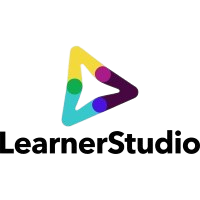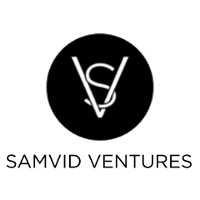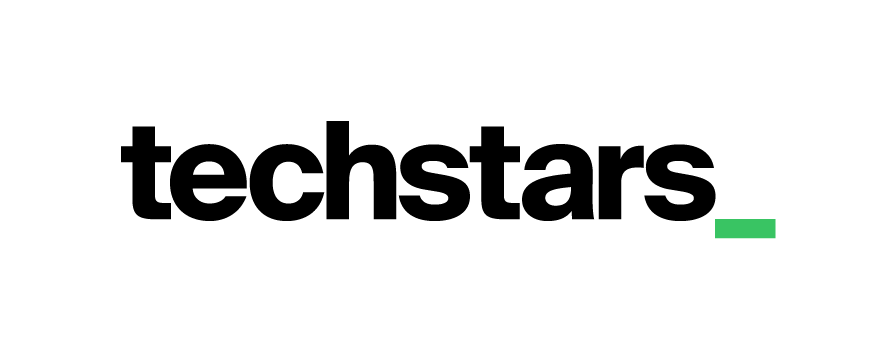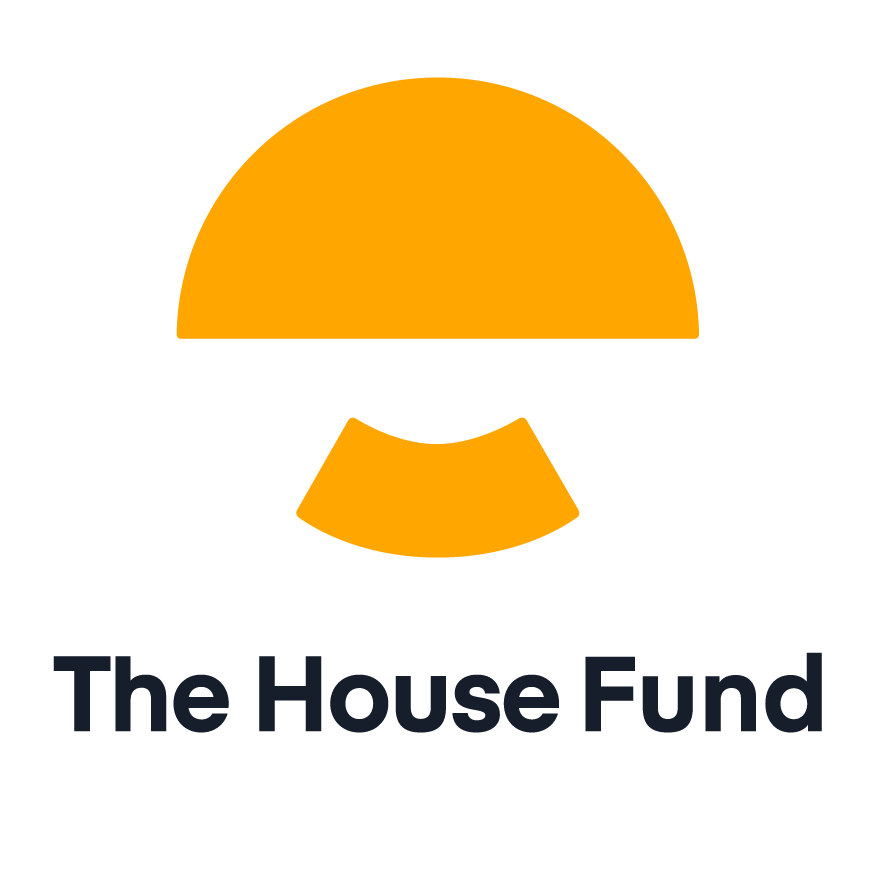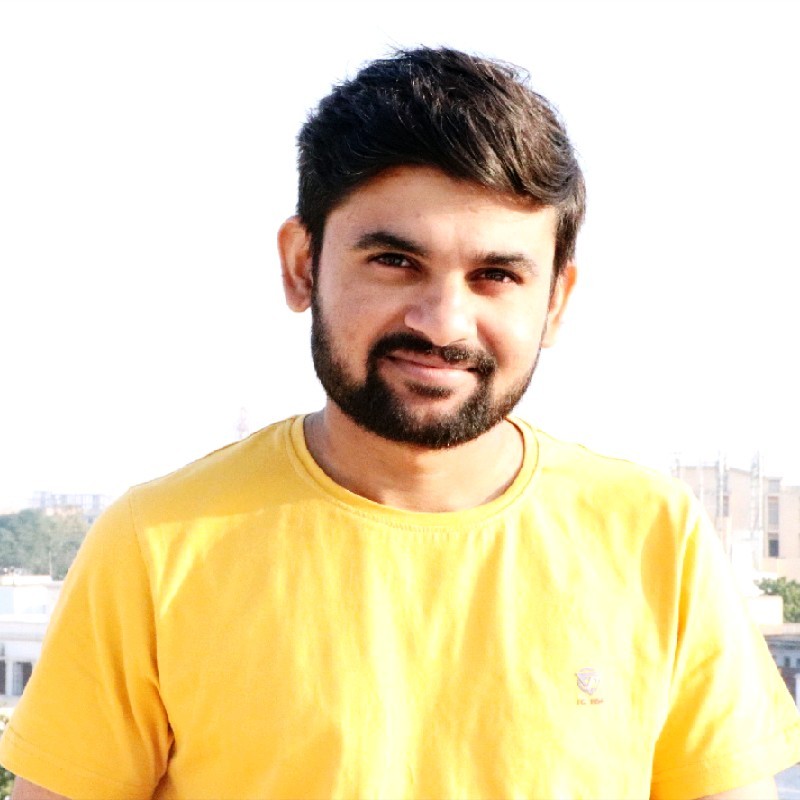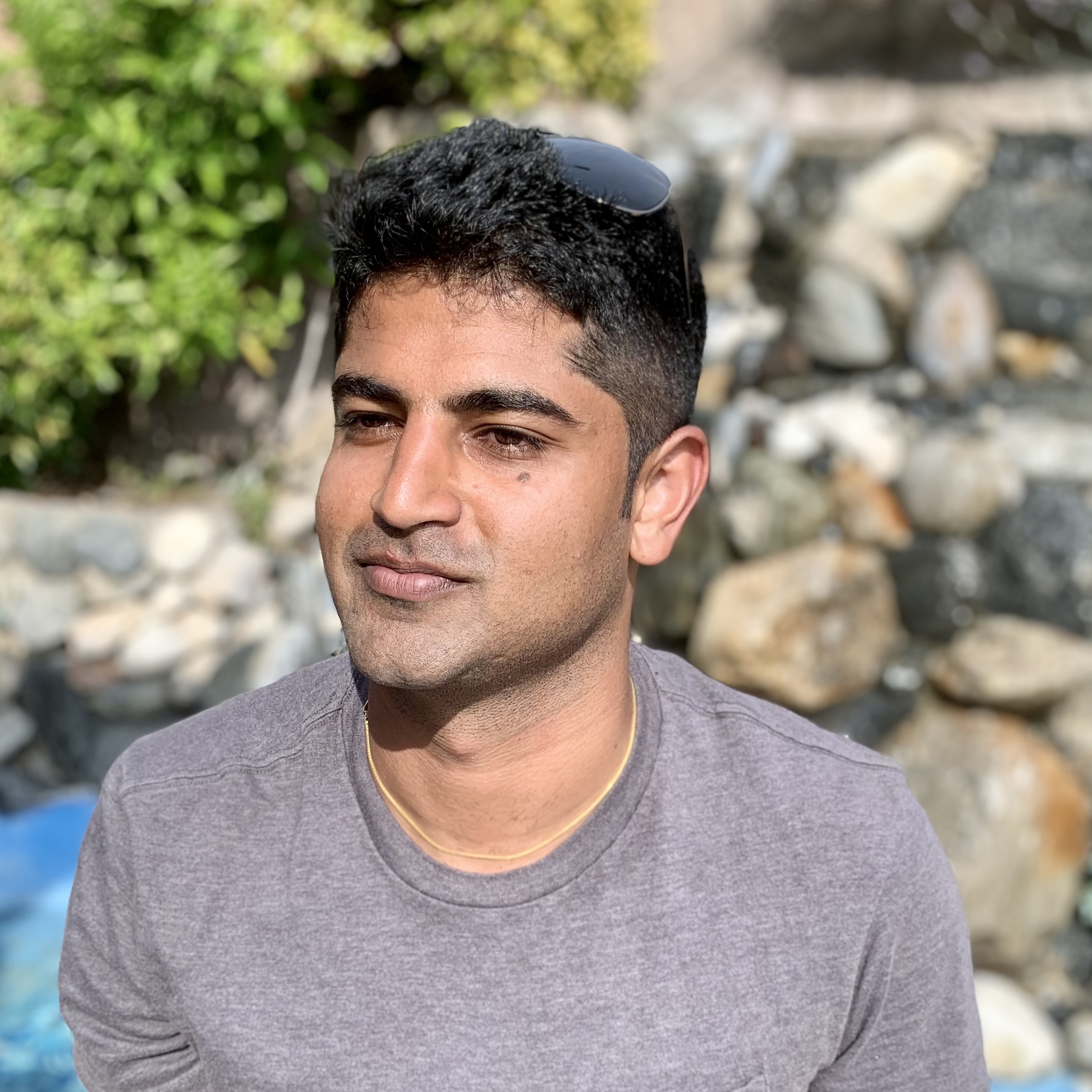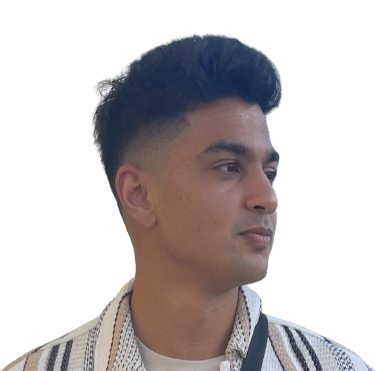About Us
Inkwire's mission is to make real world learning accessible to every student.
For the busy teachers who don't have the time or experience to consistently do high-quality project-based learning in the classroom, our project design tool empowers them to more easily create project-based curriculum, while our digital portfolio platform helps them facilitate and assess student learning.
Rethinking teaching & learning in a post-AI world
ChatGPT and generative AI have shaken up the world as we know it.
Educators have long called out the importance of students learning socioemotional and creative skills in addition to traditional academic content. Now, many of the tasks we previously assumed could only be done by humans can be outsourced to or automated by AI. In the context of this new economy, what–and how–we teach and learn need to adapt more quickly than ever.
First, that means the days of the 5-paragraph essay or fill-in-the-blank worksheets are behind us. Instead, we should aim for the type of learning that requires students to apply skills and knowledge in authentic, real world contexts. We should use a variety of project- or performance-based assessments rather than uniform, standardized ones to measure what students can do.
Inkwire aims to be a digital toolkit for educators looking to leverage this moment to truly rethink the learner experience.
Who we are
Our investors
